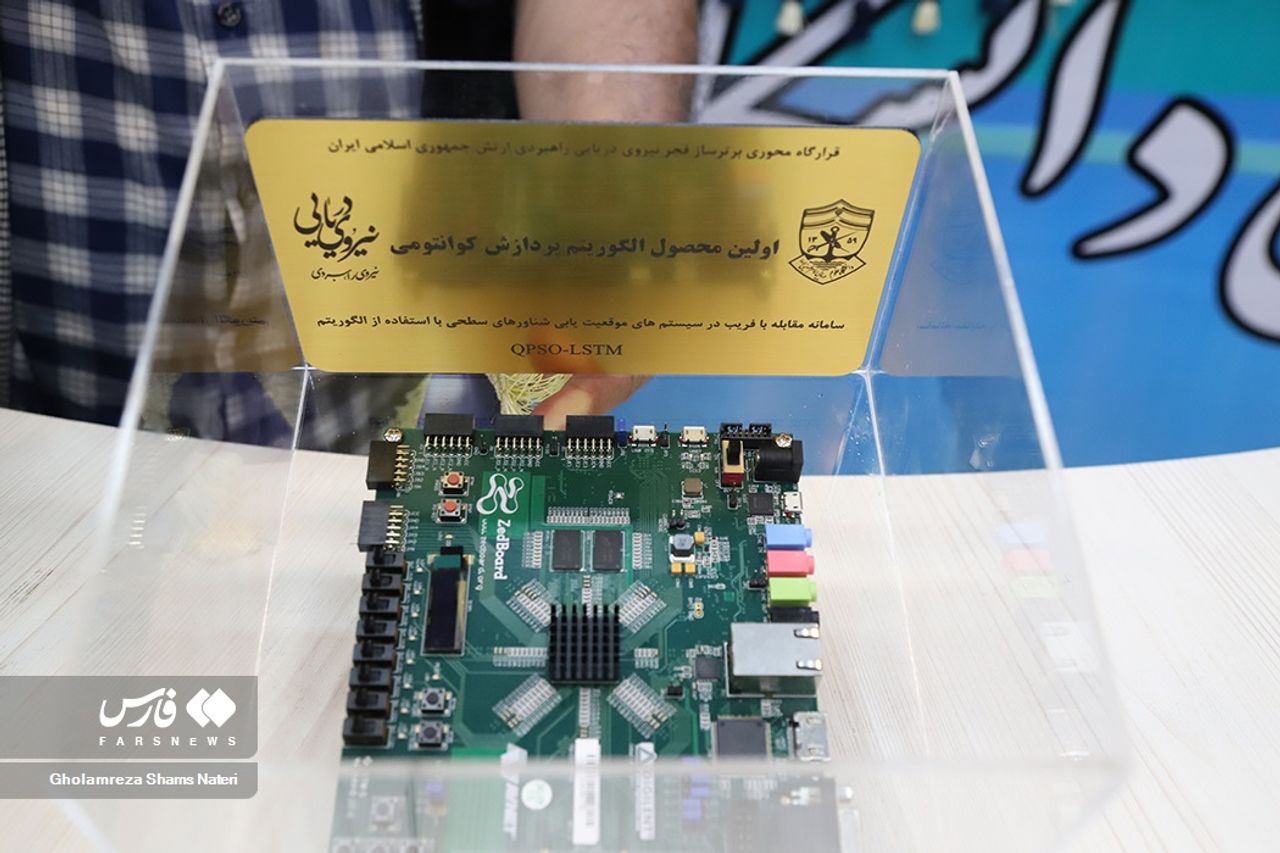Iran’s ‘Quantum’ Computer is Apparently Powered by an Arm Development Board

Last week, Iranian Maj. Gen. Habibollah Sayari surprised the quantum computing world by claiming that the country already has quantum computing. developed and deployed quantum computing products to support military operations. However, it now appears to have contained considerably fewer quanta than claimed.Just last week, it seems the Major General showed off a quantum computing board. It didn’t have any quantum computing on board and was 100% powered by ARM-based dev boards available on Amazon (ZedBoard), built by US-based Digilent.
Oh, ironically.
Admiral Habibollah Sayari, deputy coordinator of the IR forces and former commander of the Iranian navy, poses for a photo with other senior military officials while claiming that newly designed quantum computing boards have pushed the nation’s capabilities to the cutting edge. rice field. Namely, it was claimed that quantum computing had already been introduced by the Iranian military to “combat navigational deception in detecting surface vessels using quantum algorithms.”
It seems every company and state (and parent) wants to show off their quantum computing power. This is an understandable position. Quantum computing is expected to be the “next big thing” in computing (even though quantum has faded in people’s minds with his ChatGPT around the world and advances in AI). ). Given the impact of quantum computing on communications security, cryptography, and many other important technical areas, we expect certain attackers to exert quantum power against their adversaries. This is both a deterrent and a claim of technological superiority.

Of course, stunts like this can sometimes backfire. The Persian media has already ridiculed the move, which had the unintended side effect of showing just how far behind the quantum curve Iran really is. The €700 dual-core DDR3 model even has a gold nameplate. development board. The Iranian government seems to have managed to add some quantum to its announcement, given how disjointed the narrative is. But usually there’s no intent to make quantum-computing-related announcements, right?
For now, it looks like users looking for an in-store quantum computing experience should still settle for SpinQ’s educational Quantops. These allow to simulate at least qubits, but still 100% more qubits than available on his ZedBoard in Iran.




